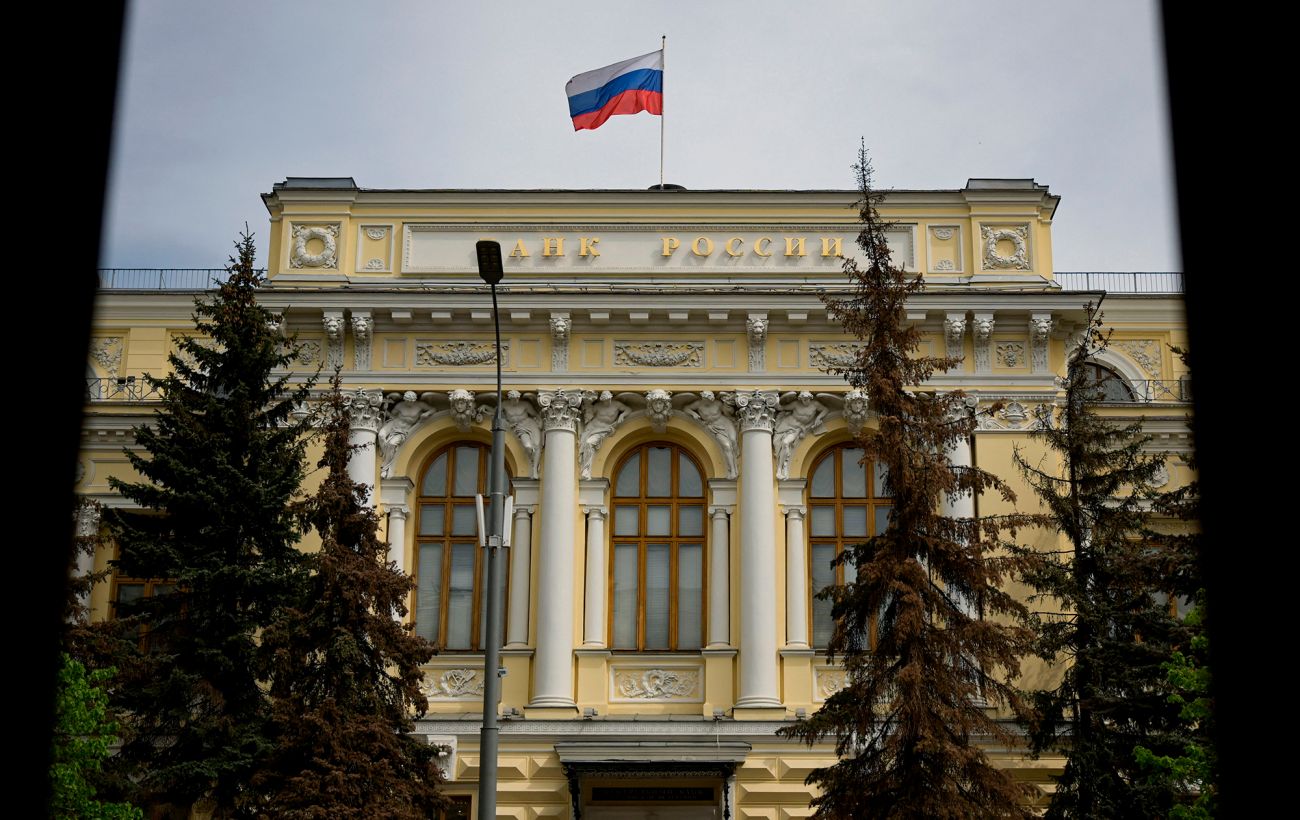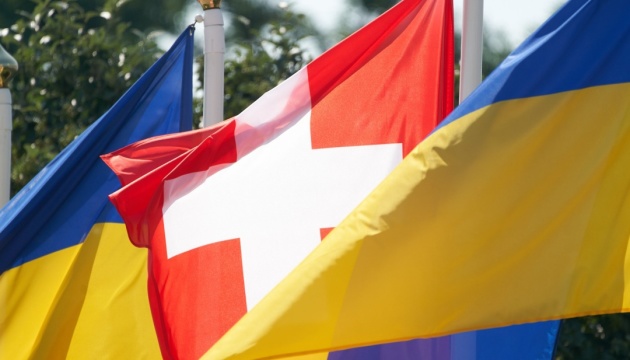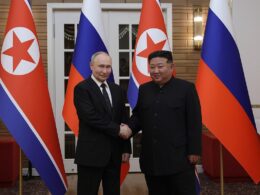The Group of Seven (G-7) nations and the European Union are exploring ways to increase pressure on banks that assist Moscow in circumventing sanctions, which will be one of the topics of the G7 summit in 13-15 June.
According to an anonymous source at Bloomberg, some allies are considering measures targeting third-country lenders using the Bank of Russia's SWIFT-like financial messaging system to bypass trade restrictions.
These discussions happen during preparation for a G-7 meeting in Italy in mid-June, where government heads aim to agree on measures to improve the enforcement of sanctions imposed on Russia for its war against Ukraine.
US Deputy Treasury Secretary Wally Adeyemo told Bloomberg Television that the US and its allies are "open to sanctioning" any company or individual assisting Russia in accessing components that can be used for weapons.
Proposed EU sanctions on Russia
As part of a new sanctions package, the European Commission proposed restrictions on lenders using the Russian central bank's system for the transfer of financial messages, known as SPFS, to circumvent sanctions.
Bloomberg reports that the use of this system nearly tripled last year compared to 2022 and is now used by more than 150 foreign banks in approximately 20 countries, including China, Belarus, Armenia, Tajikistan, and Kazakhstan.
However, several EU member states have pushed back against a blanket ban on SPFS, citing concerns about the impact on legitimate transactions and relations with third countries.
Following Russia's full-scale invasion of Ukraine in 2022, several major Russian banks were disconnected from SWIFT, the global interbank payment system. This ban led Moscow to redirect business to SPFS, a domestic system established in 2014 after Russia's illegal annexation of Crimea.
G-7 leaders also aim to reach a political agreement in June on how to use the profits generated by frozen Russian assets to aid Ukraine. In February, US President Joe Biden called on G7 nations to develop a strategy for using $280 billion in frozen Russian assets to support Ukraine, emphasizing the importance of this initiative for maintaining international order.
Read more:
- Bloomberg: Biden calls for G7 action to tap Russian frozen assets for Ukraine
- Four reasons the West should finally seize Russia’s frozen assets for Ukraine
- EurActiv: Ukraine plans to use Russia’s frozen assets to boost arms production
- Biden likely to skip Peace Summit in Switzerland chooses to raise money for election





